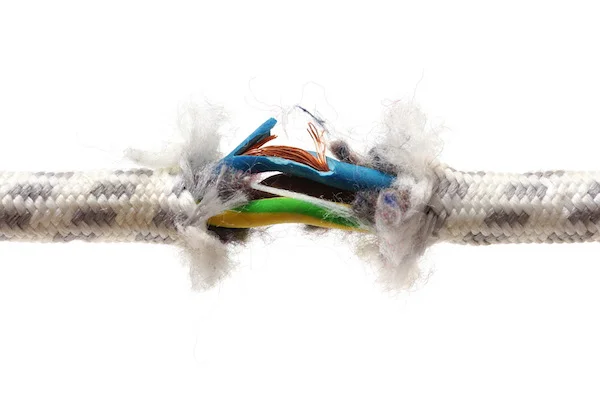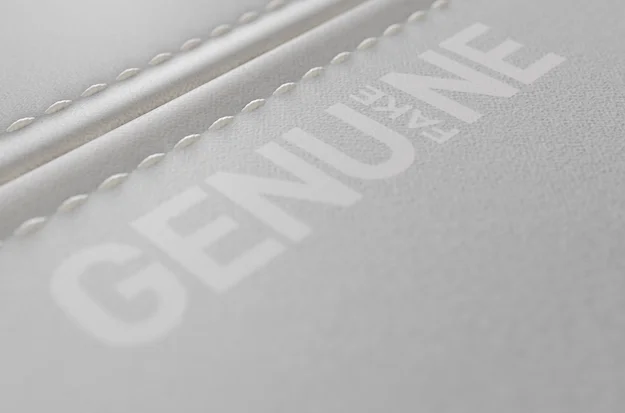Weekly IP Buzz for the week ending July 19, 2019
Here's a summary of interesting developments in intellectual property, technology, social media, and Internet law for the week ending July 19, 2019.
Federal Court Rules Amazon Can Be Held Liable for Third Party Sellers’ Products
A federal court passed down a blockbuster ruling last week, holding that e-commerce giant Amazon can be held liable for third party sellers’ products, effectively allowing Amazon to be held liable for defective products sold by third party vendors via the Amazon marketplace.
New Ruling Finds eCommerce Platform Liable for Third Party Seller Products
Departing from the ruling of other federal courts that had previously held that Amazon could not be held liable, the 3rd Circuit Court of Appeals in Philadelphia reversed a previous ruling, thus becoming the first circuit court to rule against Amazon.
With this holding, Amazon could be facing a myriad of lawsuits soon as approximately half of the goods currently sold on Amazon come from third party vendors. In the past few years, Amazon has faced increasing criticism from consumers over Amazon’s decision to open the marketplace to Chinese vendors as the website immediately became filled with third-party vendors that sold cheap goods that were often found to be either counterfeit or defective.
Amazon’s Acceptance of “Any” Vendors Opened Door to Complaints and Liability for Third Party Sellers
As Amazon increasingly ceded ground to third-party sellers, it was not only consumers that complained. Other third-party vendors also began to complain that they were constantly being undercut by copycat sellers that sold copies of their goods that were both cheaper and of lesser quality. As a consequence, these vendors often ended up with reviews that negatively affected their brand when the complaining consumers had not even purchased the products from the true vendor. Moreover, these vendors complained that even if Amazon shut down the copycat accounts, new accounts engaging in the same behavior were up within a matter of days, sometimes within hours.
As a result, many authentic brands have pulled their goods from Amazon, increasingly leaving consumers with access to only counterfeit goods or goods of less quality overall. It’s no wonder a court would find Amazon to have liability for third party sellers’ products causing harm in the marketplace.
Read the full article here.
Amazon’s Anti-Counterfeiting Tools
The global counterfeit industry represents over $1 trillion dollars annually. There are many contributors, pitfalls, and points for check-and-balance all along the supply chain, from the creation of the counterfeit item to its point of sale to a customer. Amazon has developed a host of anti-counterfeiting tools, to identify counterfeit items currently being sold on amazon.com and remove them, and to prevent counterfeit goods from being listed for sale in the first place.
Amazon announced Amazon Project Zero at the end of February 2019, on their dayone blog. Described as a three-fold approach to combatting counterfeit products on their stores, covering items already listed for sale and ones coming through the supply chain.
1 – Automated protections: Brands provide Amazon with their logos, trademarks, and other identifying data, so that Amazon’s machines can constantly scan their stores and initiate the removal of suspected counterfeits.
2 – Self-service counterfeit removal tool: Brands have been given the ability to remove counterfeit listings by themselves, instead of reporting the counterfeit item to Amazon and then waiting for Amazon to resolve it. The self-service tool gives brands the control to monitor for counterfeits and to take action.
3 – Product serialization: Brands place a unique code on every item during manufacturing. Amazon scans and verifies each product’s authenticity, and is able to stop a purchased counterfeit product unit from reaching the customer.
All brands, including luxury brands, face revenue loss and tarnishing of the brand when dealing with all aspects of counterfeits of their products. To help combat, and circumvent that, Amazon’s anti-counterfeiting tools provide brands with an automated, proactive system for identifying and removing counterfeit products before they reach a potential customer.
Read the full article here.
Click to read the previous Weekly IP Buzz.
For more posts, see our Intellectual Property Law Blog.
--------
Darin M. Klemchuk is founder of Klemchuk LLP, a litigation, intellectual property, and transactional law firm located in Dallas, Texas. He also co-founded Project K, a charitable movement devoted to changing the world one random act of kindness at a time, and publishes Thriving Attorney, a blog dedicated to exploring the business of the practice of law, productivity and performance for attorneys, and other topics such as law firm leadership and management, law firm culture, and business development for attorneys.
Click to learn more about Darin M. Klemchuk's law practice as an intellectual property lawyer.


